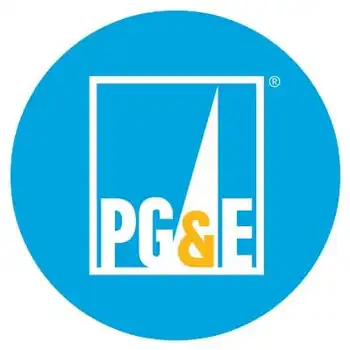Nuclear Still An Option In Ontario
"I wouldn't rule out any possibility, from wind power to additional nuclear power, and that includes a lot of things in between," Eves said.
The premier's comments come one week after Energy Minister John Baird said Ontario Power Generation is out of the business of building new nuclear plants.
Ontario has frequently had to rely on imported power to keep pace with record consumption levels over the past year. Adding to the concerns, is a recent report by the Independent Electricity Market Operator that almost half of Ontario's generating capacity will have to be replaced in the next 15 years.
Eves said he plans to speak with newly-elected Quebec Premier Jean Charest about plugging into more of his province's hydro as well as generators in Manitoba.
Eves cited Bruce Power, a private power company which leases the provincially-owned nuclear generating station in Bruce County, as an example of a way the province could develop new sources of hydro.
PARTNERS
"I think ... a public-private partnership is possible in that regard," Eves said.
The OPG's Pickering A generating station is slated to begin churning out power in June after several delays and cost overruns expected to push the project's price tag near $2.5 billion.
Eves announced plans to investigate the nuclear plant's problems five months ago, but said yesterday the government still hasn't found a qualified expert to do the job.
Speaking at an Ontario Energy Association breakfast meeting yesterday, Baird announced plans to revamp the Ontario Energy Board and to look at the controversial retroactive rate hikes that were recently allowed by the agency.
Baird also named Howard Wetston, vice-chairman of the Ontario Securities Commission, to head up the board.
Related News

The Evolution of Electric Vehicle Charging Infrastructure in the US
NEW YORK - The landscape of electric vehicle (EV) charging infrastructure in the United States is rapidly evolving, driven by technological advancements, collaborative efforts between automakers and charging networks, and government initiatives to support sustainable transportation.
Interoperability and Collaboration
Recent developments highlight a shift towards interoperability among charging networks. The introduction of the North American Charging Standard (NACS) and the adoption of the Combined Charging System (CCS) by major automakers underscore efforts to standardize charging protocols. This move aims to enhance convenience for EV drivers by allowing them to use multiple charging networks seamlessly.
Tesla's Role and Expansion
Tesla, a…





